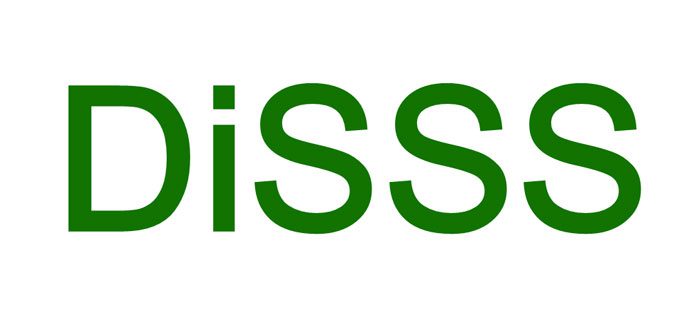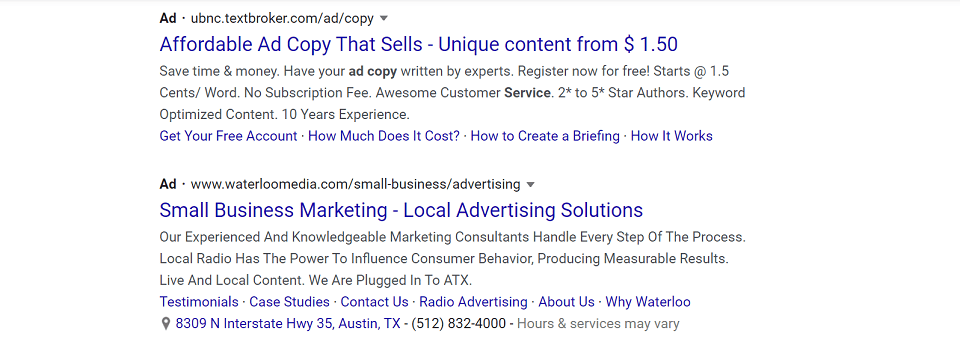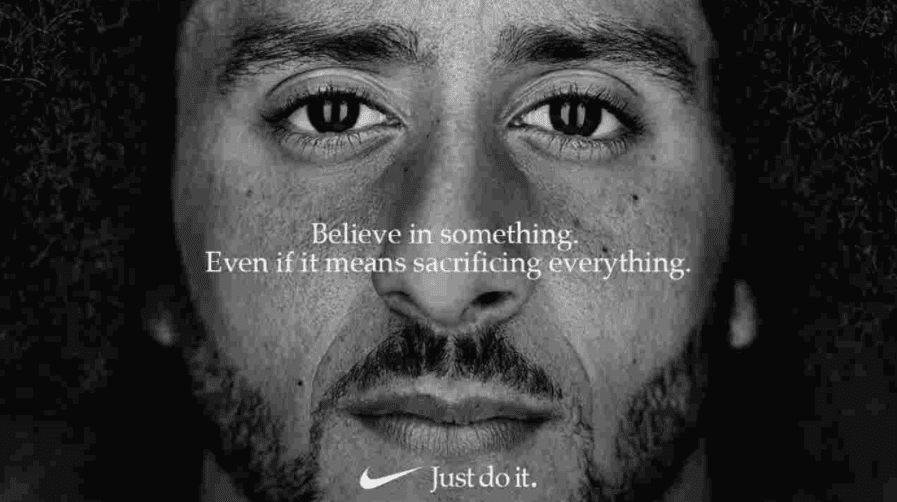Today at the South By Southwest Interactive Conference, I had the privilege of catching Tim Ferriss (author of The 4-Hour Workweek) present a session about Meta-Learning. What is that? Essentially, it is the idea of “accelerated learning for accelerated times.”
We all know that the world is moving fast these days, blazingly fast in fact. This environment requires many more skills to thrive.
Based on his latest publication, The 4-Hour Chef, Tim built a synopsis of his model for rapidly learning new skills and behaviors. This approach played a huge role in his ability to learn how to be a chef. His model was rather simple, so I decided to share here on the blog for those of you who missed the session.
The Meta-Learning Model: DiSSS
DiSSS is an acronym for his model about swallowing an elephant in reasonable bite sized chunks. Here is what each letter in the word in his Meta-Learning model means.
D = Deconstruction
This step is about breaking up the overall skill you want to learn into reasonable parts. He shared a swimming example (apparently, he just learned to swim a few years ago), where he could not master the skill of breathing while kicking. So he broke it down into the parts, as in learning to breathe properly, then adding the arm motions, but without kicking until he got those parts figured out.
A key point was to identify the potential failure points first. Those might be reasons you’ve failed to learn this skill in the past, or perhaps reasons most people fail. Avoid those for the first five training sessions so you can set up a good habit (he says 5 sessions are enough to build a habit), then add them back once you’ve convinced yourself you will get over it.
This stuff works. I used a similar approach to learn electric bass guitar many years ago and had no idea it was so smart!
[The “i” doesn’t mean anything, just there to make it a word you can actually pronounce]
S = Selection
For this part, decide what is the minimal effective dose of something you need to take on, in order to start learning the basics. For example, if you want to learn multiple languages, find a set of the same text / sentences to translate to each of those languages. Always start in the same place and grow from there.
He gave another great example about learning guitar. Using this approach, you can learn a ton of songs fast. Do a Google search for the Axis of Awesome (whom, by the way, it was very cool to hear him mention). Look for their video about the 4 chord song, and you’ll see that almost any pop song you want to learn can be played with the same four chords. Yep, it’s really that simple.
When learning cooking, a craft, a trade, etc., use as few tools as possible until you command them, then expand. Anything like this that requires specialized skills.
S = Study
I actually missed the word he used for this S, but “Study” well encapsulates the spirit of what he outlined. Here’s the premise: How will you practice or perfect the pieces of the skill that you are deconstructing it down to? How can you do it in a less risky way?
He used a very good example of how he learned to saute like a real chef. Rather than flipping hot food in a pan and risking a messy situation, he was taught to perfect it using beans, while sitting on a carpet, until he got the motion down. Then he took it to the kitchen with less mess to show for it.
S = Stakes
What are the stakes you are willing to accept, i.e. the consequences, of not following through? Is it self-set? Something else like a deadline or work commitment? What will hold you true to your desire to learn this new skill?
He also shared a site called Stickk, which looks like a decent option for holding you to your own stakes. The service allows you to put aside money in escrow. If you don’t follow through, the money all goes to a charity you would NEVER support. Double motivation. Get it done, get the money back. Do what you said you’d do.
Simplify: An Overall Mantra For Successful Learning
Here’s a great point that I’ve always bought into. Most of the complexity we deal with in life is avoidable, or possible even self-inflicted. Try to view everything more like tasks or goals that you can slowly chip away at, not as huge tasks to swallow all at once. This applies to both work and home tasks you’re learning. Simplify and enjoy the positive it brings.
Let me close with a quote from one of Tim’s Colleagues in Santa Cruz: “Things are best not when there is no more to add, but when there is nothing left to remove.”
Tommy Landry
Latest posts by Tommy Landry (see all)
- Why Pool Services Businesses Need Local SEO Visibility - April 16, 2024
- Barnacle SEO: What It Is and How To Use It - April 11, 2024
- Why Browser Notifications are a Security Risk - April 9, 2024





